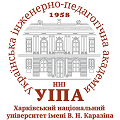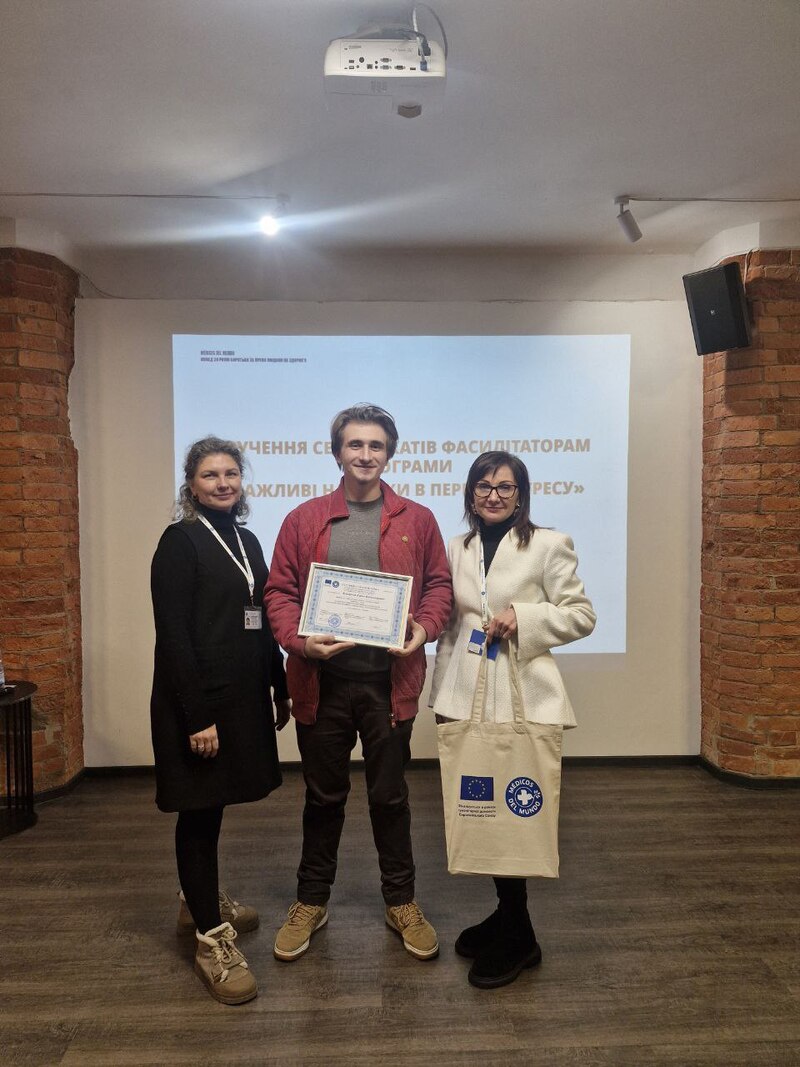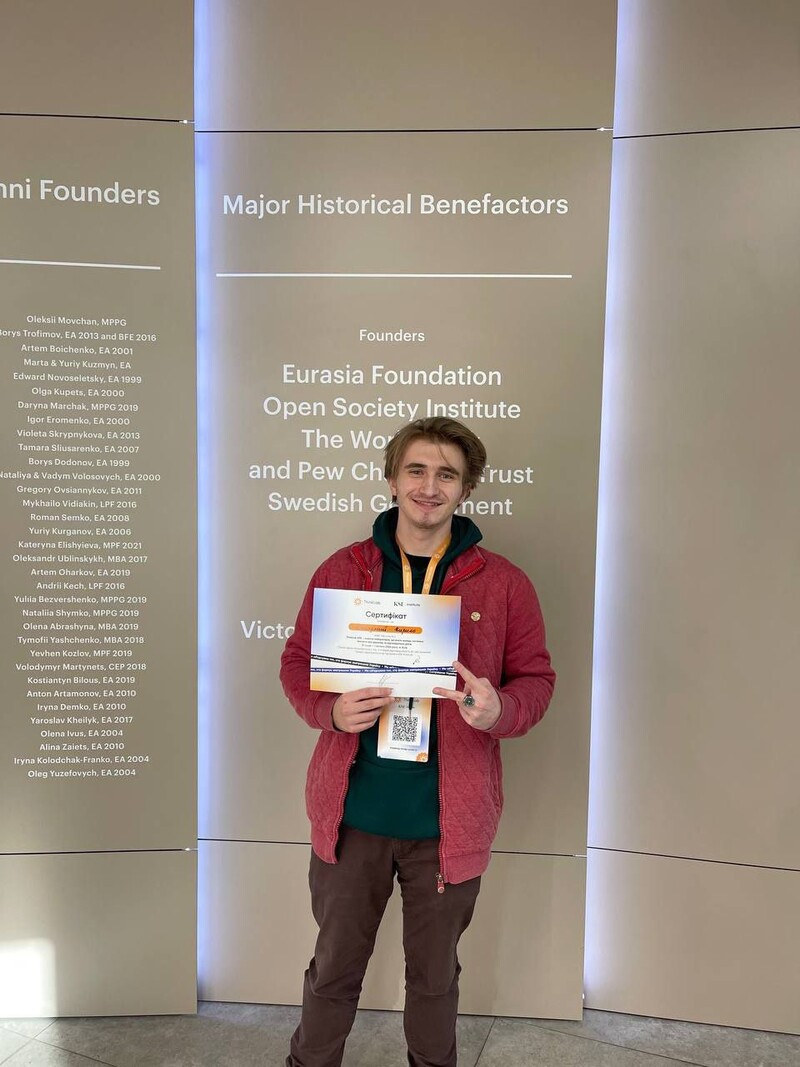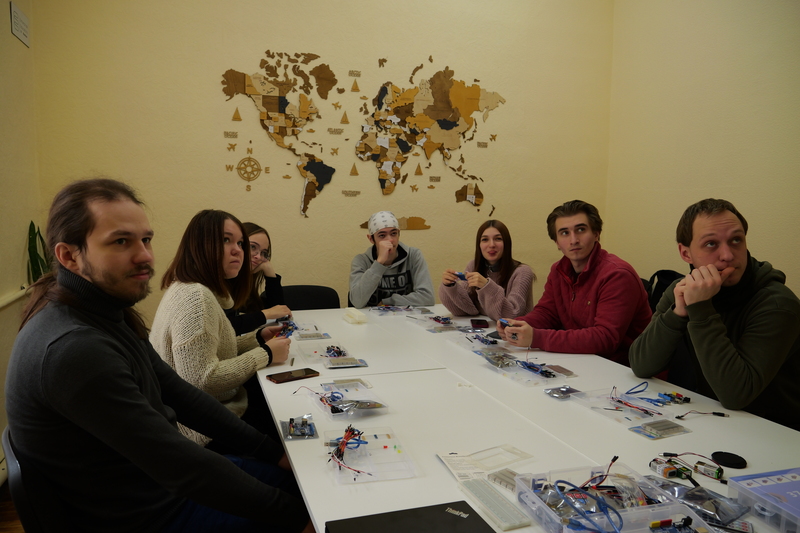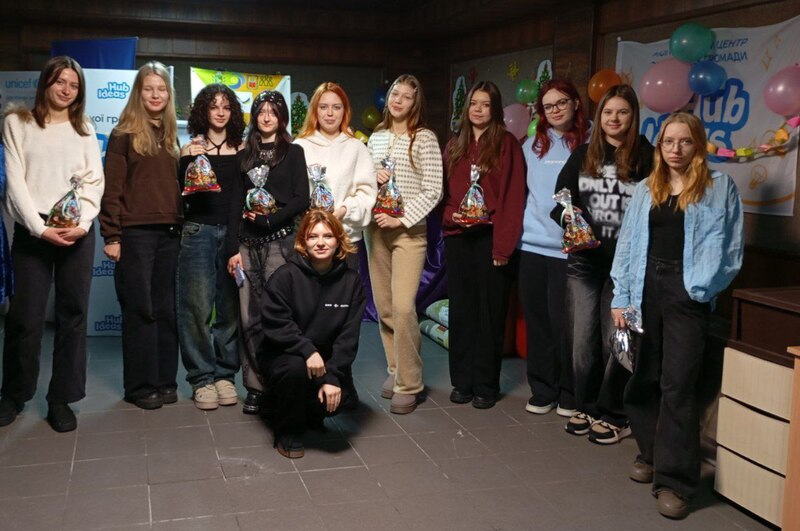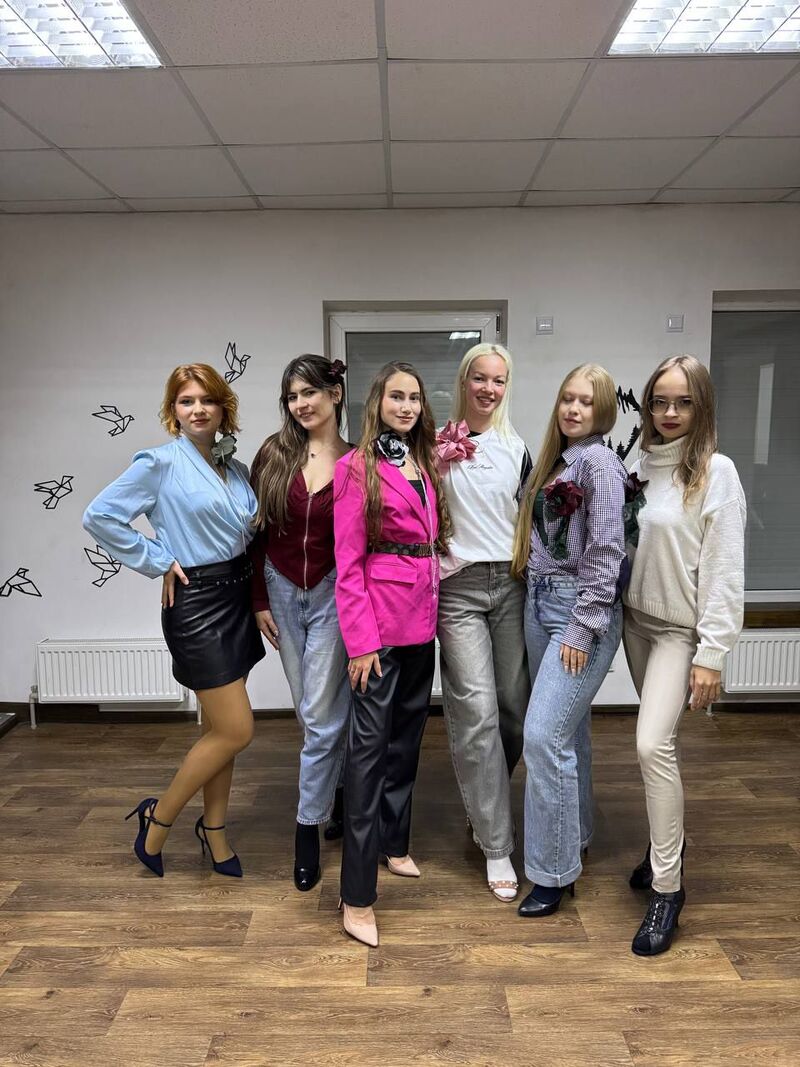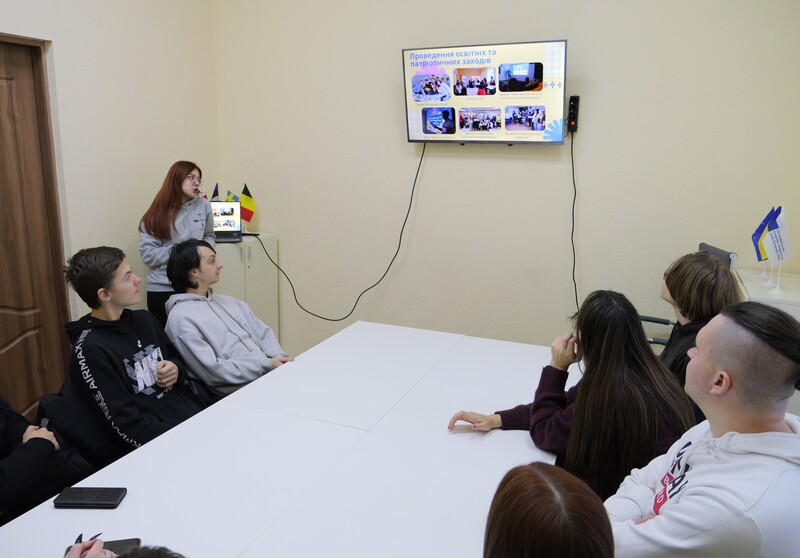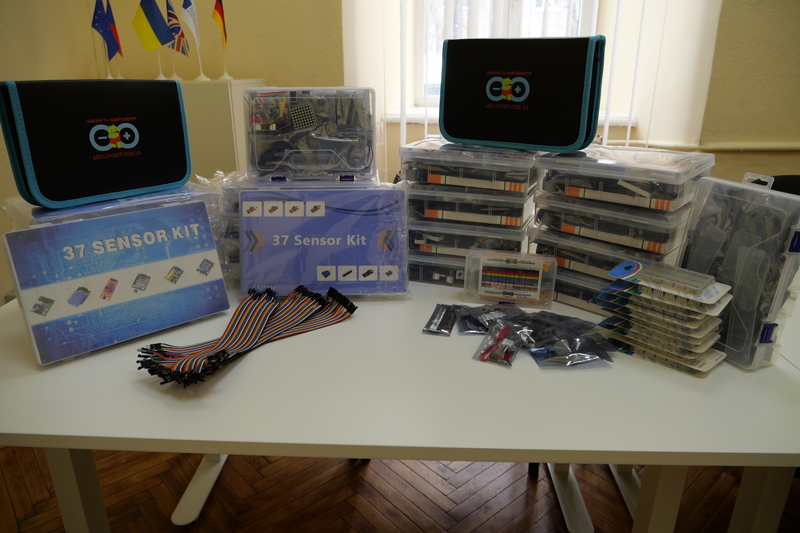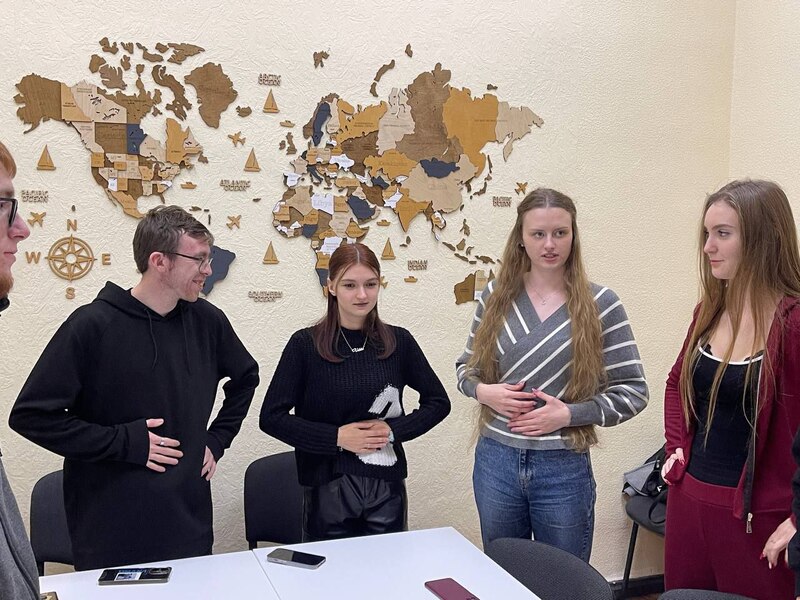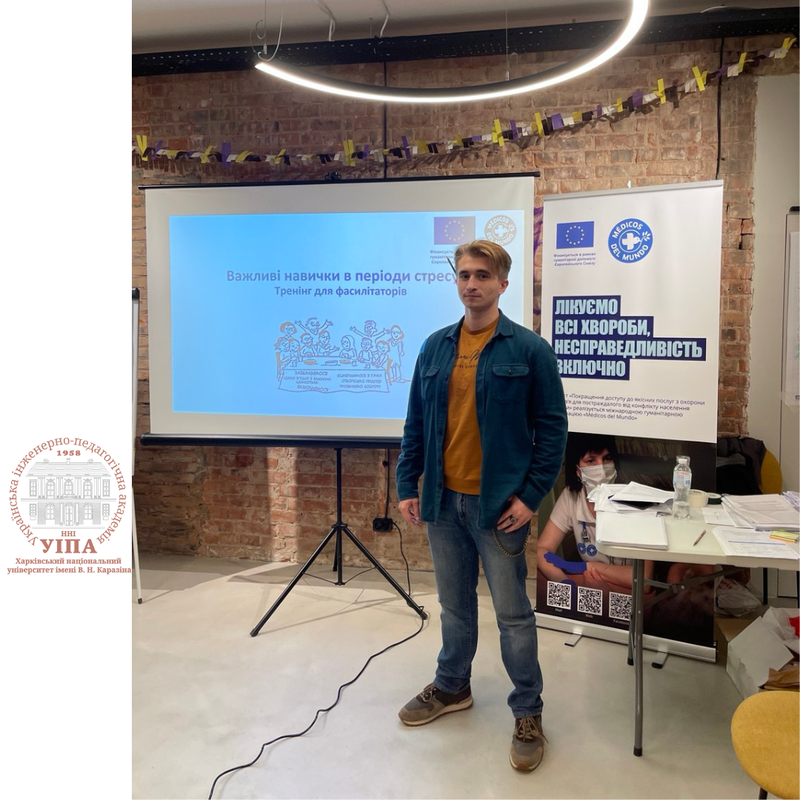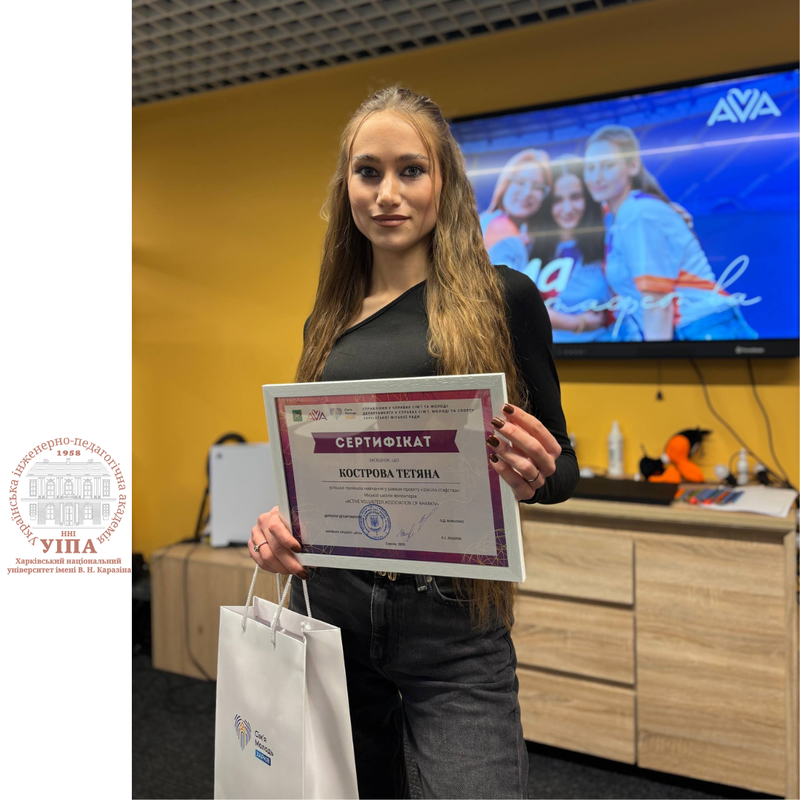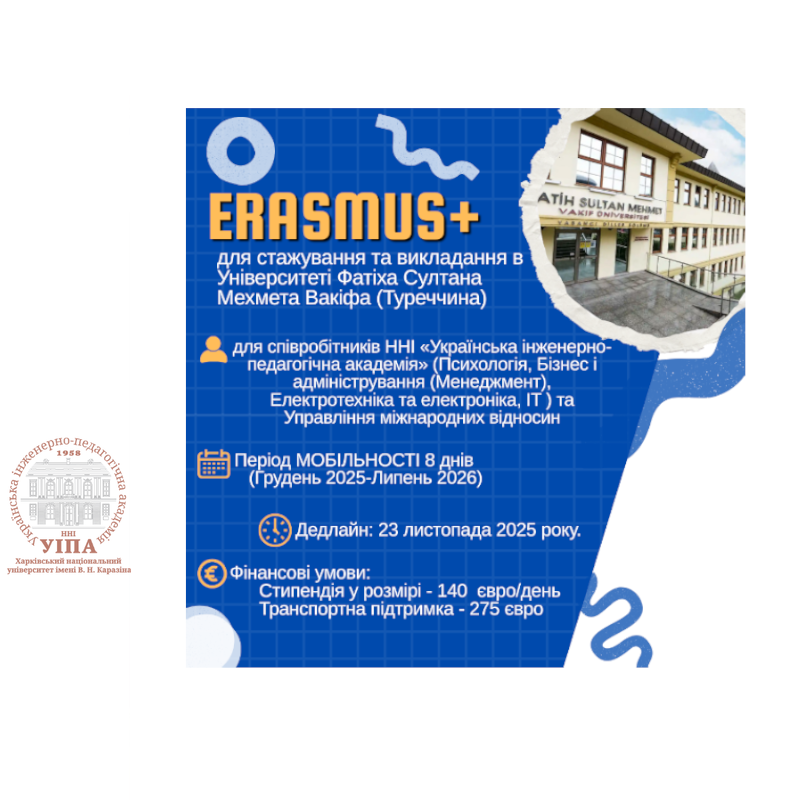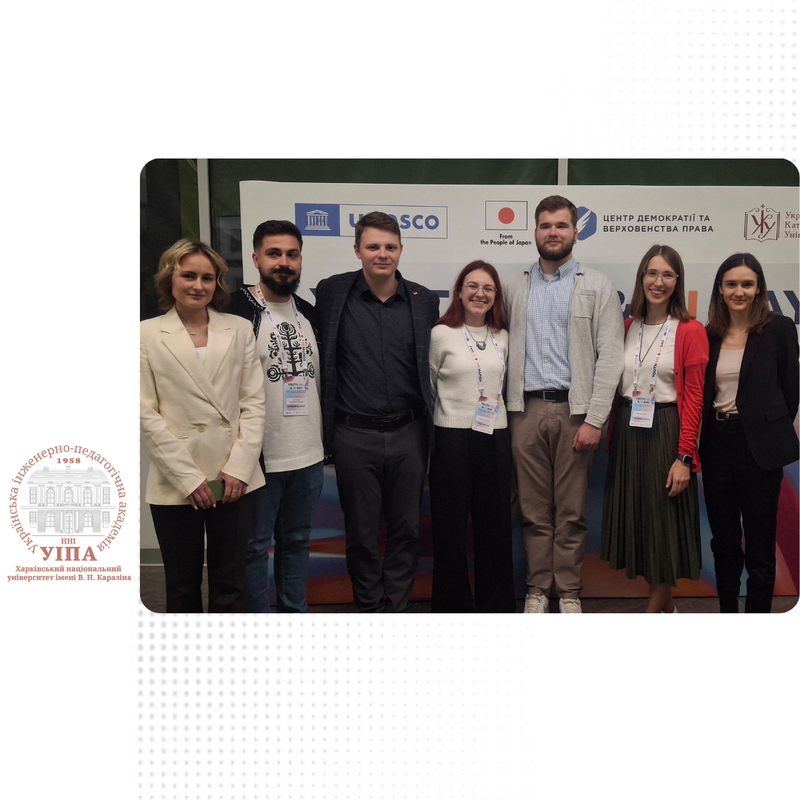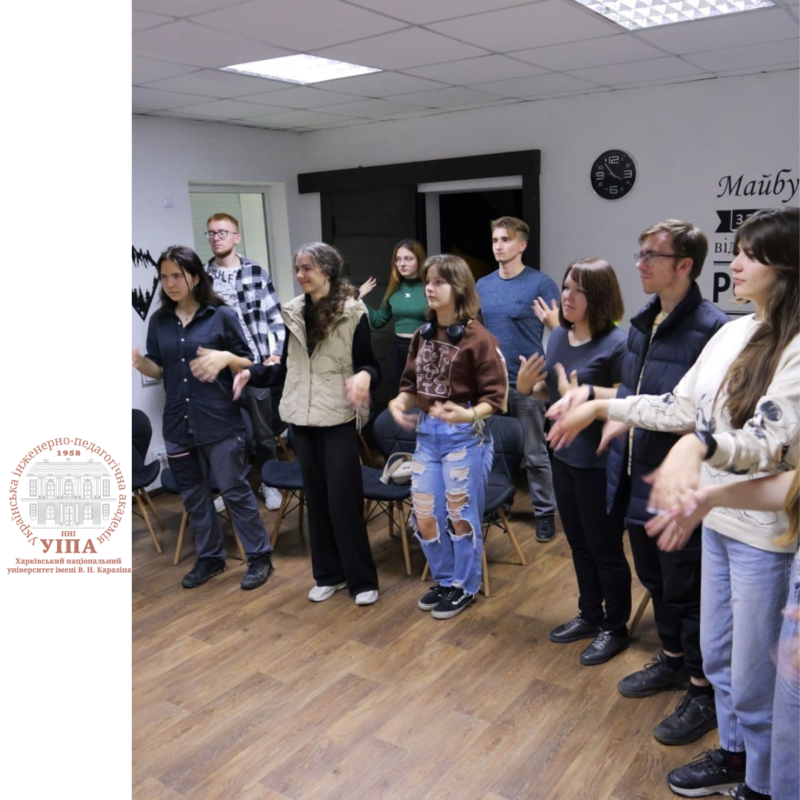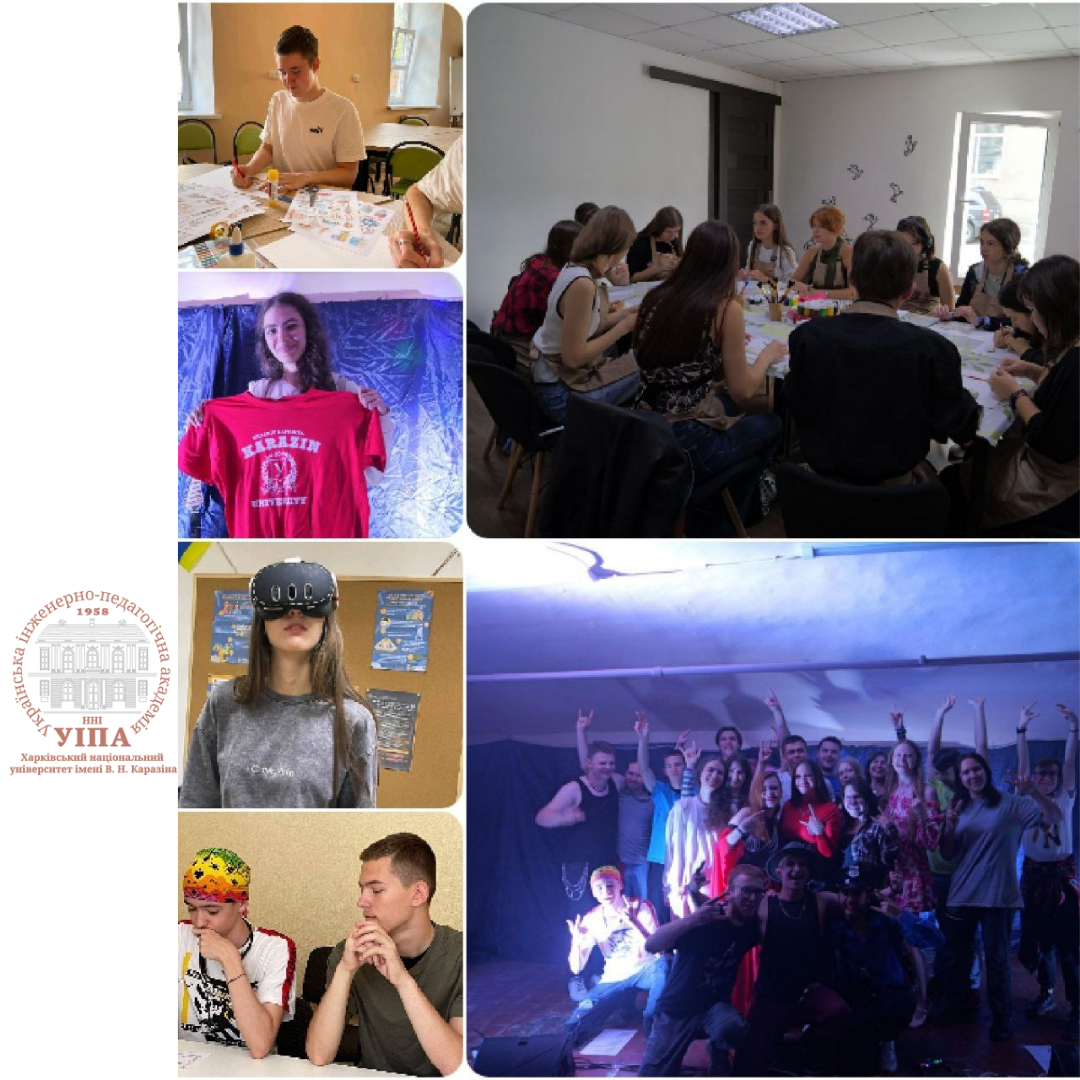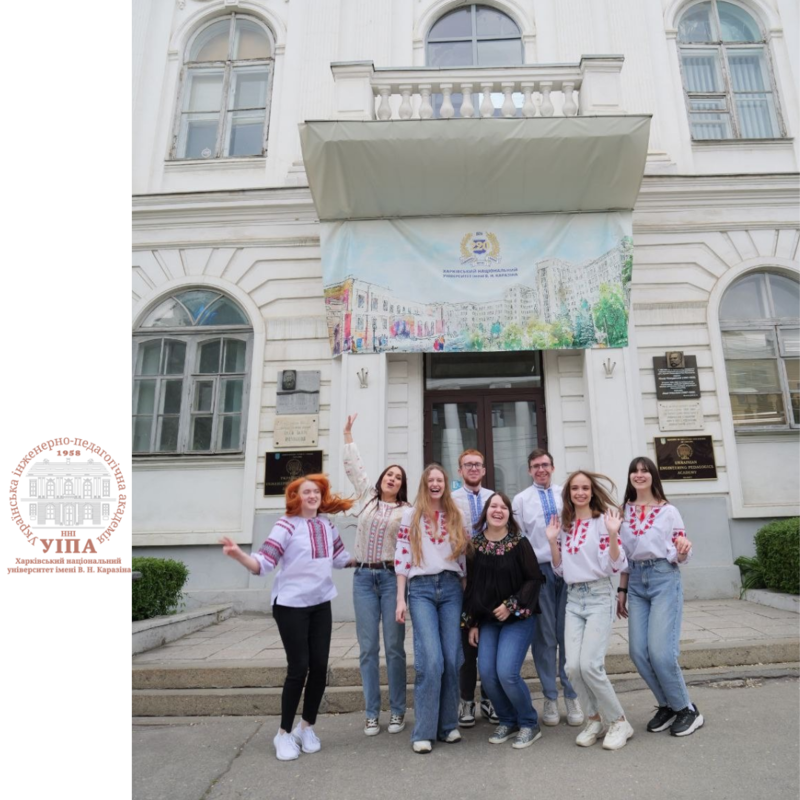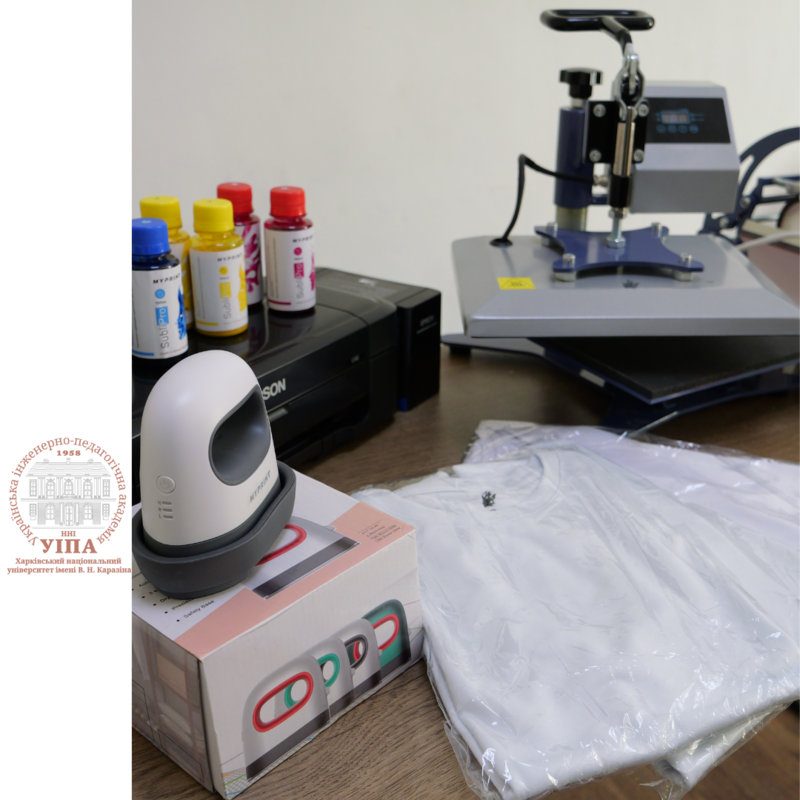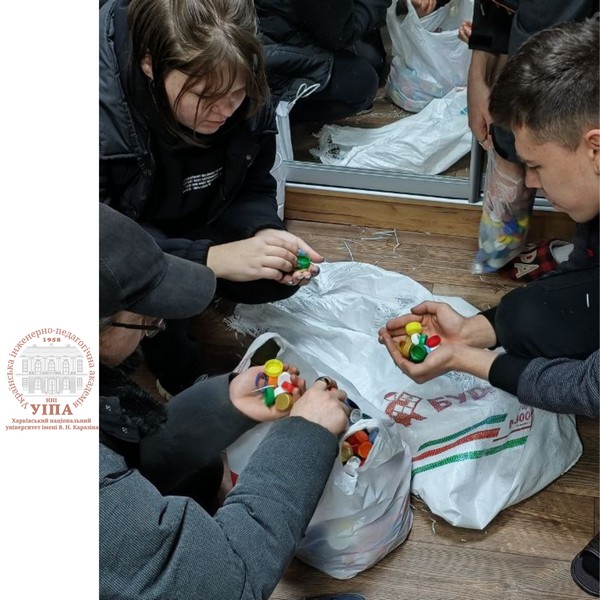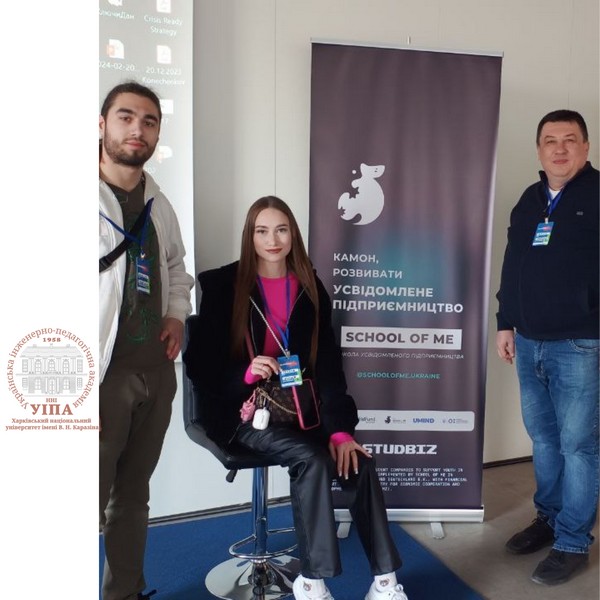Центр інноваційних освітніх технологій
Студія соціального молодіжного підприємництва створена на базі Центру інноваційних освітніх технологій ННІ "УІПА" ХНУ ім Каразіна як інноваційний освітньо-практичний простір, покликаний сприяти розвитку підприємницьких компетентностей студентської молоді та формуванню культури соціального підприємництва.
Приміщення студії включає:
Тренінгову кімнату на 10 осіб, призначену для проведення навчальних занять, тренінгів, практичних семінарів та командної роботи;
Менторську кімнату, що використовується для індивідуальних і групових консультацій, наставництва та підтримки молодіжних команд у процесі реалізації їхніх підприємницьких ідей.
Діяльність студії спрямована на створення умов для розвитку креативного потенціалу студентів, їхньої професійної самореалізації, набуття практичного досвіду у сфері підприємництва та розробки соціально значущих проєктів.
Студія була створена в рамках співпраці ЦІОТ з ГО "Інноваційна Генерація" в межах виконання проєкту «Соціальні підприємства в закладах освіти для підтримки молоді в (пост) воєнній Україні» (STUDBIZ Ukraine), що фінансується Федеральним Міністерством економічного співробітництва та розвитку Німеччини (BMZ) та Childfund Deutschland E.V., а також за фінансової підтримки House of Europe та Європейського Союзу.
ROBOTICS LAB ON ARDUINO: CREATING INNOVATIVE SOLUTIONS FOR AUTOMATION AND PROGRAMMING
Project № 1871
Robotics Lab on Arduino: Creating Innovative Solutions for Automation and Programming
Priority: Development of higher and vocational education.
Duration of the project: 01.01.2025 – 01.01.2026
Sponsorship: FOUNDATION «FUNDATIA KRONOSPAN»
Target group: Lecturers and professors of the ERI “UEPA”, students of the ERI “UEPA”, teachers and students of vocational schools, as well as persons interested in retraining, advanced training and mastering the latest automation technologies.
Project goal:
Creation of a laboratory that will allow students, teachers, and VET students to master the latest Arduino-based robotics solutions, which will help introduce innovations in vocational education and professional development of teachers. It is also planned to launch joint educational projects, from conferences to specialised hackathons.
Key idea of the project:
Development of a modern concept for supporting vocational education in Ukraine using robotic systems on the Arduino platform. It envisages the creation of an innovative laboratory with subsequent internships for teachers of vocational education institutions, student training and research and educational activities for the development of future professionals.
Main project activities:
- Development of an educational platform on the basis of the ERI “UEPA” with the introduction of robotic systems and modern programming and automation technologies.
- Creation of an innovative robotics laboratory that will become a training centre for students, pupils and teachers, as well as a base for research and educational activities.
- Developing and implementing modular training programmes using Arduino robotics that will help improve the skills of Ukrainian teachers in the field of automation and programming.
- Creation of an educational excellence concept for vocational educational institutions based on robotics technologies aimed at training highly qualified specialists.
- Assessment of the possibilities of using robotic solutions in the educational process and their impact on the acquisition of new knowledge and skills.
- Development of training modules for different age groups and different levels of training with a focus on the use of robotic systems in practical tasks.
- Organising hackathons, seminars and other educational events for students and teachers aimed at promoting the practical use of robotics in the educational process.
- Implementation of distance and face-to-face open access courses in robotics for students, teachers and professionals at the national and international levels.
- Development of advanced training programmes for teachers of vocational schools to facilitate the development of the latest technologies in the field of robotics.
The results of the project are aimed at introducing innovations in vocational education, enhancing the scientific and educational potential of the institution, and creating innovative content based on robotics. The laboratory will become a centre for attracting scientists and experts in robotics, forming an active community, conducting research and educational activities.
«UEPA VR/AR LABORATORY: TOWARDS THE IMPLEMENTATION OF IMMERSIVE TECHNOLOGIES IN HIGHER EDUCATION AND VOCATIONAL SCHOOLS OF UKRAINE» PROJECT
Project № 1674
UEPA VR/AR Laboratory: Towards the Implementation of Immersive Technologies in Higher Education and Vocational Schools of Ukraine
Priority: Development of higher and vocational education.
Duration of the project: 01.01.2024-31.05.2025
Sponsorship: FOUNDATION «FUNDATIA KRONOSPAN»
Partners:
The main partners include representatives of the vocational education sector - State Educational Institution "Regional Center of Professional Education of Sewing Technologies and Services of Kharkiv region", State Educational Institution ‘Kharkiv Higher Vocational School of Services’, Liubotyn Vocational Lyceum of Railway Transport, State Educational Institution ‘Kupiansk Regional Centre for Vocational Education’ and other vocational educational institutions of Kharkiv Region (more than 30 institutions in line with the existing network).
Target group: Teachers and professors of ERI “UEPA”, ERI “UEPA” students, teachers and students of VET institutions, as well as people interested in retraining, advanced training and mastering virtual technologies in education.
Project goal:
The creation of a modern educational platform for higher and vocational education will allow expanding the research activities of the ERI “UEPA” academic an teaching staff, involving students, as well as teachers and students of VET institutions in this activity as part of professional development, cooperation, international interaction and the development of new modern experience with VR/AR.
Key idea of the project:
Developing a modern concept for supporting vocational education in Ukraine using immersive methods and virtual technologies, creating a unique innovation laboratory with subsequent internships for teachers of vocational education institutions, training students and pupils, holding educational and scientific events, and retraining future professionals.
Main project activities:
– development of an educational platform based on ERI “UEPA” with involvement in the development and implementation of virtual and augmented reality technologies, and the use of immersive learning technologies;
– forming a modern concept of support for vocational education in Ukraine with the use of immersive methods and virtual technologies, creating a unique innovation laboratory with further training on its basis for teachers of vocational education institutions, teaching students and pupils, conducting educational and scientific events, and retraining future specialists;
– creation of an innovative concept of educational excellence and leadership development in professional universities within the framework of immersive learning technologies and with the aim of creating appropriate teaching and learning support;
– implementation of a modular (certification) programme for the professional development of Ukrainian teachers.
As a result of the project, it is planned to implement a number of innovative educational projects in the field of vocational education, improve the level of educational and scientific development of the teaching staff of the institution, develop modern educational content based on VR/AR for its further implementation in the educational process, master modern innovative technologies and study the practical aspects of their implementation.
